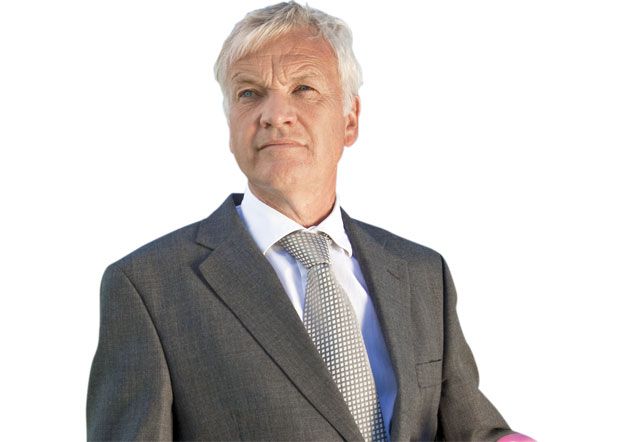If you're in your 50s and haven't set aside money for your retirement, you may have a big problem. But you're not alone. Across all age groups, only a few people have actually prepared for their golden years.
According to a study by HSBC, just about 13 per cent of people around the world feel they are very well prepared to cope with their retirement. Although 43 per cent have undertaken some planning, they lack a clear sense of what their retirement income will be like.
But despair not. Financial planners say no matter how old you are or how little you've done to secure your retirement, you can still put together a decent plan.
Depending on their personal financial position, late starters need to consider different issues, which include mortgage or unpaid loans, housing, inheritance and life insurance among others.
The most common advice financial planners would tell you is that you will have to save furiously as soon as possible, trim your expenses or downsize your lifestyle to ensure you will have enough money in your retirement pot. Another option may be to extend your work years instead of retiring "on schedule."
"It is fair to say that it is never too late to start planning for your retirement — unless of course, you are shortly about to retire. Fifteen years is sufficient time to save, provided that you are willing and able to commit to setting aside a regular and meaningful amount of money to achieve a target that you establish at the beginning," says Roy Gaunt, chartered insurance broker at Nexus.
"If you only have 15 years, you'll probably need to continue to work beyond the retirement age of 65, even if only in a part-time, consultancy or self-employment basis. You'll probably have to semi-retire while you continue to build your retirement fund, because it's unlikely you can afford to retire on the amount you are able to save over such a short time. Retirement planning needs time for assets to increase in value. If you don't have so much time, you need to save much more each month," advises Steve Gregory, director of technical services at Holborn Assets.
Options
So, if you're in your 50s and unprepared, there are a number of things you need to keep in mind. Given that 15 years can go by quickly, you should ensure you have somewhere to live without a need to pay rent when you stop working.
"Perhaps you bought a home years ago in the country where you will retire. If so, or if you are planning to do so, ensure the mortgage will be repaid in full before you retire. At least then, your home will be secure. If the property is larger than you need and you are short of funds for retirement, you will probably need to downsize at some point," says Gregory.
"Downsize earlier rather than later. This will free up money for investing before you reach retirement. It's no good entering retirement with a property that is expensive to maintain, and no income. You could consider taking lodgers, but most people in retirement will not want to do that," he adds.
It is important that you make up your mind where you are going to retire to. Housing costs can vary from one country to another and many people, like Europeans, opt to retire away from their home country to cut down on expenses.
In the United Kingdom alone, one in five retiring couples moves abroad to live. While many are looking for sunshine, at lot of these retirees are looking to spend less on housing and stretch their retirement money.
"Consider your health. Are you well enough to continue working in some capacity? Will you be? Perhaps you will be limited to your own home country if your health is not so good, as the cost of medical cover is very high as you get older, and many European countries provide free health cover to pensioners," Gregory adds.
"Next, start reducing expenses immediately, in order to save. Driving a big car is not important but living in comfort at old age is. Having a large apartment today is not as vital as having a roof over your head when you come to retire."
Income protection plan
If you have mortgage or loans, Gregory suggests insuring them now so that they will be cleared if you or your partner die or suffer a critical illness. A good idea is getting an income protection plan, which will replace your income until retirement if you fall seriously ill or have an accident that prevents you from working.
"Then your income is maintained in most circumstances which means you can maintain your savings for retirement. Of course, you also need to assess who owns which of your existing assets, like life insurance policies for instance. A will may be important, or a nomination of beneficiary, or a trust or deed of assignment to ensure the right money goes to the right hands at the right time," notes Gregory.
It is also recommended that you get a good independent financial adviser to help you through debt risk management, map out a savings strategy and find ways to lessen your outgoings and free up your money.
Gaunt says everybody should make a will here in the UAE, unless they want Islamic law to apply to their estate which may otherwise automatically happen.
"With regard to life insurance, you need to consider the situation you would leave behind in the event of your untimely death, or what would happen if you became disabled due to accident or sickness. Then you have to establish how much cover is needed and the right type of policies," Gaunt explains.









